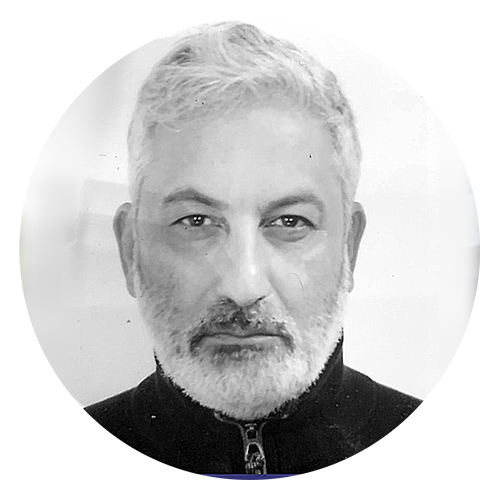
Gold has been a valuable commodity for centuries, and it continues to play an important role in the global economy. As a result, many countries, including Hong Kong, have established regulations and licensing requirements for gold traders to ensure the integrity and security of the gold trade. In this article, we will explore the gold trade regulation and licensing in Hong Kong, and how it impacts the global gold market.
Regulations on Gold Trade in Hong Kong
Hong Kong is a major hub for gold trading in Asia, and its gold industry is subject to a range of regulations and laws. The main regulatory body for gold trading in Hong Kong is the Hong Kong Customs and Excise Department. The Department is responsible for enforcing laws and regulations related to the import, export, and storage of gold in Hong Kong.
One of the key regulations for gold traders in Hong Kong is the Import and Export (Strategic Commodities) Regulations. These regulations require gold traders to obtain an import or export license for certain types of gold and to submit regular reports on their gold transactions. The Hong Kong government also maintains a register of all licensed gold traders in the city.
Another regulation that gold traders must comply with in Hong Kong is the anti-money laundering (AML) and counter-terrorist financing (CFT) requirements. The Hong Kong government has implemented a range of measures to combat money laundering and terrorist financing, and these measures apply to all industries, including the gold trade.
Licensing Requirements for Gold Traders in Hong Kong
To engage in gold trading in Hong Kong, traders are required to obtain a license from the Hong Kong Customs and Excise Department. The licensing process involves a detailed application and a review by the Department to ensure that the trader meets the necessary standards and requirements.
To obtain a license, gold traders must demonstrate that they have the necessary expertise and experience in the gold trade, and that they have established appropriate risk management and compliance procedures. The Department also conducts background checks on the owners and management of the gold trading firms to ensure that they are of good character.
Once a license is granted, gold traders are required to comply with the regulations and laws set out by the Hong Kong Customs and Excise Department. They must also undergo periodic inspections and audits to ensure that they continue to meet the necessary standards.
Impact of Gold Trade Regulation and Licensing on the Global Gold Market
The regulation and licensing of gold traders in Hong Kong have a significant impact on the global gold market. Hong Kong is a major hub for gold trading in Asia, and its gold industry is a major contributor to the global gold market.
By establishing regulations and licensing requirements, Hong Kong helps to ensure that the gold trade is conducted in a transparent and secure manner. This helps to maintain the integrity of the gold market and to prevent fraud and illegal activities.
Moreover, Hong Kong's strict regulations and licensing requirements provide assurance to international customers and investors who want to engage in the gold trade. This creates a stable and secure environment for gold trading, which helps to attract more investors to the market.
Conclusion
The gold trade is an important component of the global economy, and its regulation and licensing are critical to ensuring its integrity and security. In Hong Kong, gold traders are subject to a range of regulations and laws, and they must obtain a license from the Hong Kong Customs and Excise Department to engage in the gold trade.
By regulating the gold trade in Hong Kong, the Department helps to maintain the integrity of the gold market, prevent fraud and illegal activities, and provide assurance to international customers and investors.
As such, the regulation and licensing of gold traders in Hong Kong play a significant role in the global gold market, and they will continue to do so in the years to come.
Author: Pooyan Ghamari, Economist and Gold Sector Specialist


